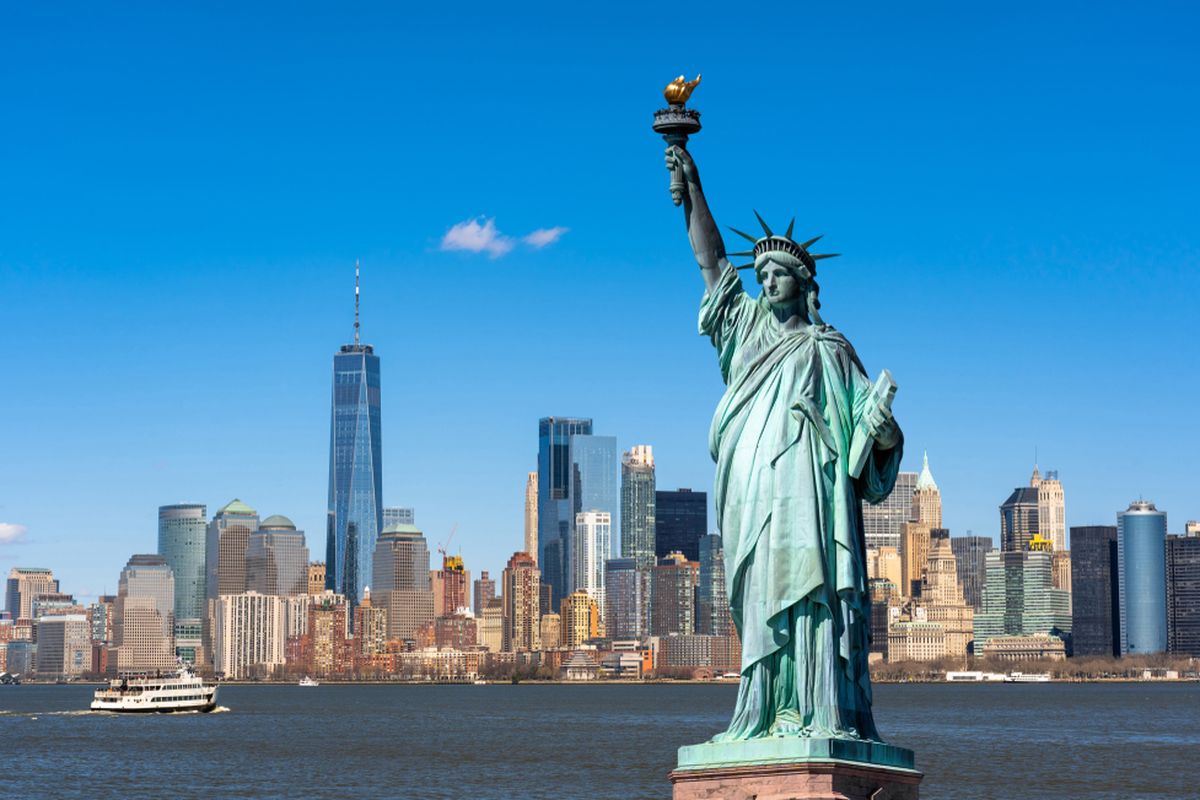American Firms Shower Executives with Big Bonuses Ahead of Bankruptcy Filing

Now, some companies are bolstering those arguments by contending that their business would not have cratered without the economic turmoil of the pandemic.
The pre-bankruptcy payouts are needed, companies say, because potential stock awards are worthless and it would be impossible for executives to meet business targets that were crafted before the economic crisis.
The bonuses ensure stability in leadership that is needed to hold faltering operations together, the firms contend.
Some specialists argue the bonuses are hard to justify for executives who may have few better job options in an economic crisis.
“With double-digit unemployment, it’s a strange time to be paying out retention bonuses,” said Adam Levitin, a professor specializing in bankruptcy at Georgetown University’s law school.
Closed stores, big bonuses
J.C. Penney has not posted an annual profit since 2010 as it has struggled to grapple with the shift to online shopping and competition from discount retailers.
The 118-year-old chain, at various points, employed more than 200,000 people and operated 1,600 stores, figures that have since been cut more than half.
On May 10, J.C. Penney’s board approved compensation changes that paid top executives, including CEO Jill Soltau, nearly $10 million.
On May 13, Soltau received a $1.7 million long-term incentive payment and a $4.5 million retention bonus, court filings show.
The annual pay of the company’s median employee, a part-time hourly worker, was $11,482 in 2019, a company filing shows.
Read also: Coronavirus Pandemic Seen Pushing Up to 5 Million Indonesian Workers Out of Jobs
J.C. Penney filed for bankruptcy two days after paying Soltau’s bonuses. At a hearing the next day, a creditors’ lawyer argued the payouts were designed to thwart court review.
The payouts were timed “so that they didn’t have to put it in front of you,” said the lawyer, Kristopher Hansen, addressing U.S. Bankruptcy Judge David Jones.
Jones — who is also overseeing the Whiting Petroleum, Chesapeake Energy and Neiman Marcus cases — told Reuters that such bonuses are “always a concern” in bankruptcy cases.
“That said, the adversarial process demands that parties put the issue before me before I can take action,” he added, emphasizing he was speaking of general dynamics applicable to any case. “A comment made in passing by a lawyer is not sufficient.”
In its statement earlier this year, J.C. Penney said the bonuses were among a series of “tough, prudent decisions” taken to safeguard the firm’s future.
Dennis Marten — a shareholder who said he once worked at a J.C. Penney store — disagrees. He has appeared at court hearings pleading for an investigation of the company’s leadership.
“Shame on her for having the gall to get that money,” he said of Soltau.
(Writer: Mike Spector, Jessica DiNapoli | Editor: Brian Thevenot)
Simak breaking news dan berita pilihan kami langsung di ponselmu. Pilih saluran andalanmu akses berita Kompas.com WhatsApp Channel : https://www.whatsapp.com/channel/0029VaFPbedBPzjZrk13HO3D. Pastikan kamu sudah install aplikasi WhatsApp ya.

































